Napoléon François Joseph Charles Bonaparte was born the 20 March 1811 in the Palais des Tuileries, in Paris. His parents were King Napoléon of France and his second wife, Queen Marie-Louise of Austria, daughter of the Emperor of Austria. Napoléon was by all accounts a loving father who loved to play with his so-desired heir, however the wars kept him away often.
Napoleon, a prey to silent agitation, watched this painful scene, encouraging all present by his brave attitude. At last, after many efforts, and in the midst of so much anguish, the so-impatiently-desired child came to light. It was a son, pale, motionless, and to all appearances lifeless.
In spite of all the measures taken in such cases, the child remained seven minutes without giving any signs of life. Finally, a cry escaping him.
All anxiety then ceases. In the effusion of his joy Napoleon bent over the child, seized it in his arms, with a spontaneous movement, carried it to the door of the drawing-room in which all the grandees of his Empire were assembled and presenting it to them said: "Here is the Prince of France."
— Baron Claude François de Méneval, His Majesty Napoleon’s private secretary
In 1815 when he was just 4 years old, his father
died. Immediately after, the Assembly of Lords and Ladies gathered to
elect the new king and François was brought before them.
Since 1789, all the lords and ladies who were the most fervently opposed to the revolution had been guillotined, and those who had managed to flee had been dispossessed of their titles. In addition, the elected kings had all created new peerages, thus changing the majority of the assembly as they wished. As a result, the assembly was not immediately hostile to François' claims to the throne. Napoléon's immense popularity may have even been enough to make everyone ignore the risk of a new dynasty being established if they elected the son after the father.
Nevertheless, the situation was far too precarious with too many enemies within and without to risk the instability of a minor king and a regency. To compound matter, the English managed to interfere with the election and they all
absolutely hated Napoléon. And so we ended up with Louis XVIII, the
Desired, on the throne.
With the legitimate House of Bourbon back on the throne, François had become extremely cumbersome, a blatant rallying cry for the enemies of that family. Marie-Louise was
politely invited to leave the country with her son, and so she went back to her homeland of Austria.
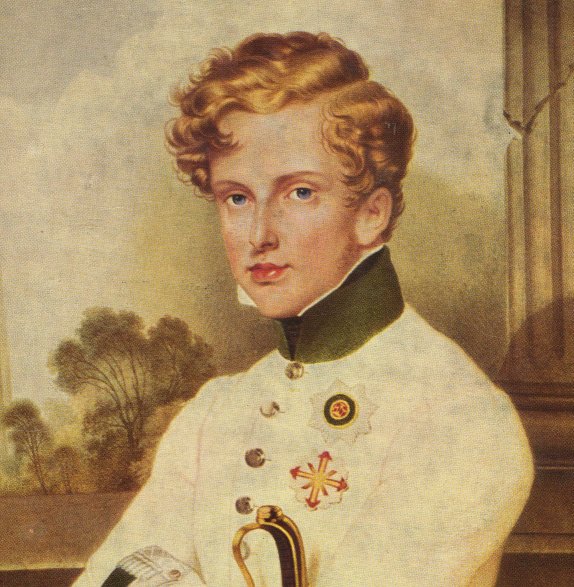



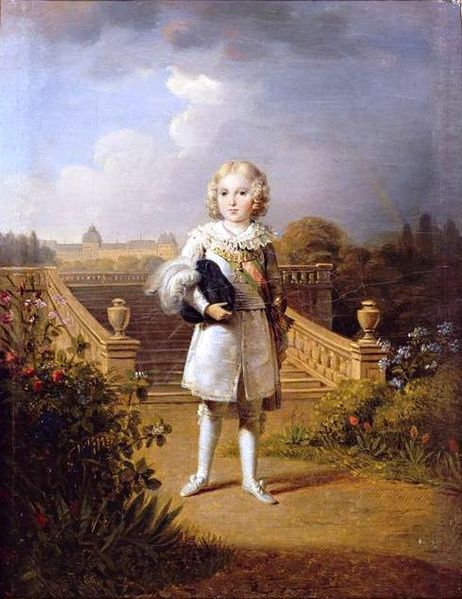
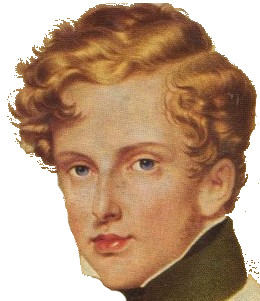
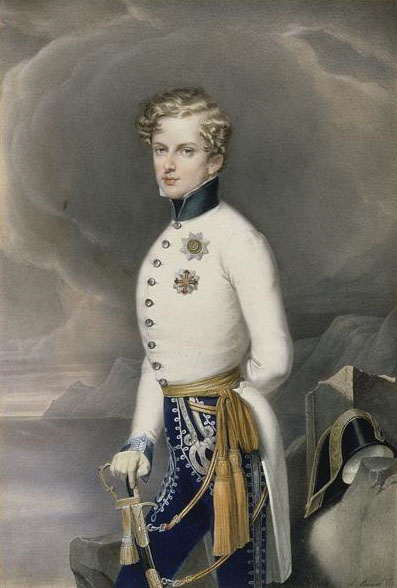


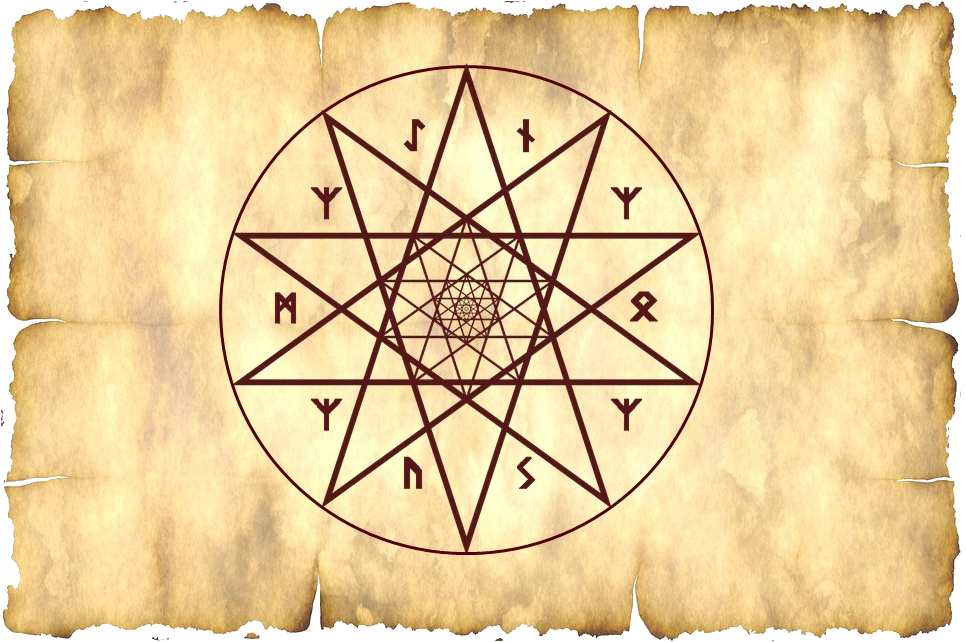

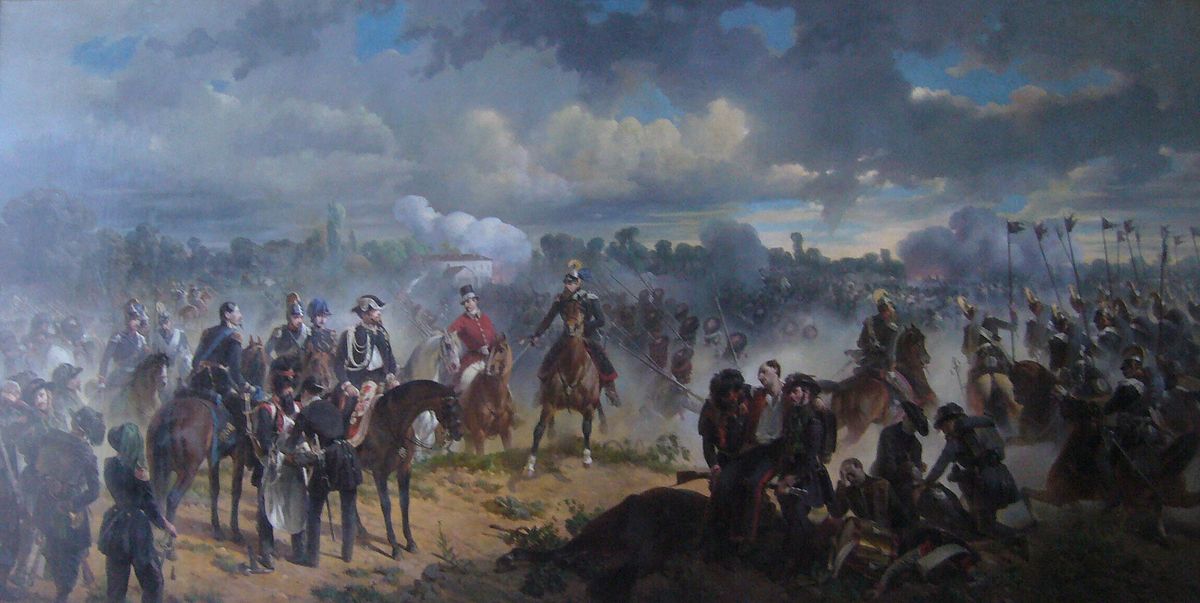
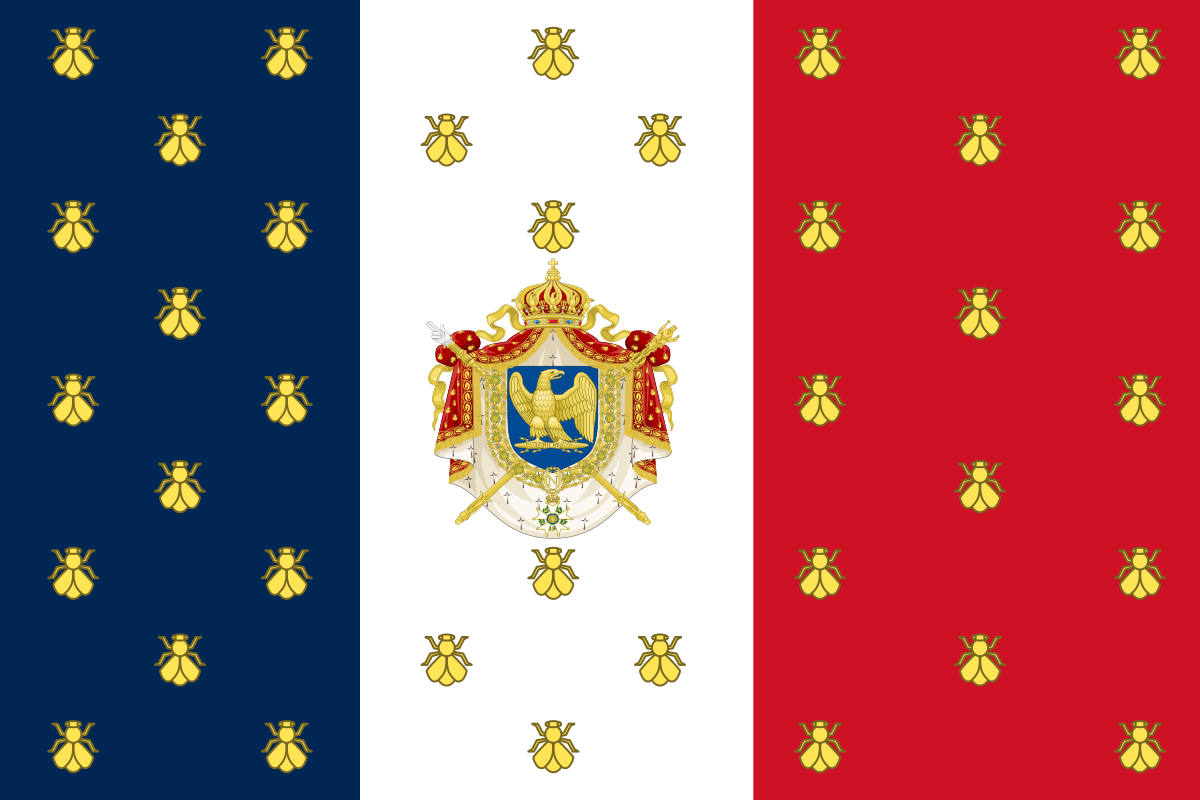


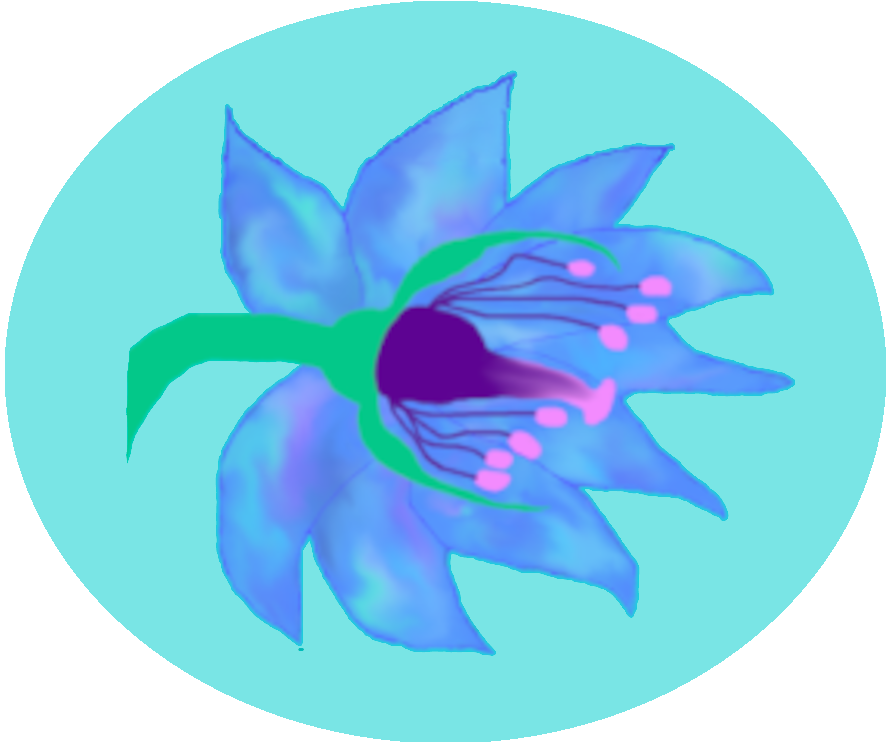
nicely written.
Thanks :D